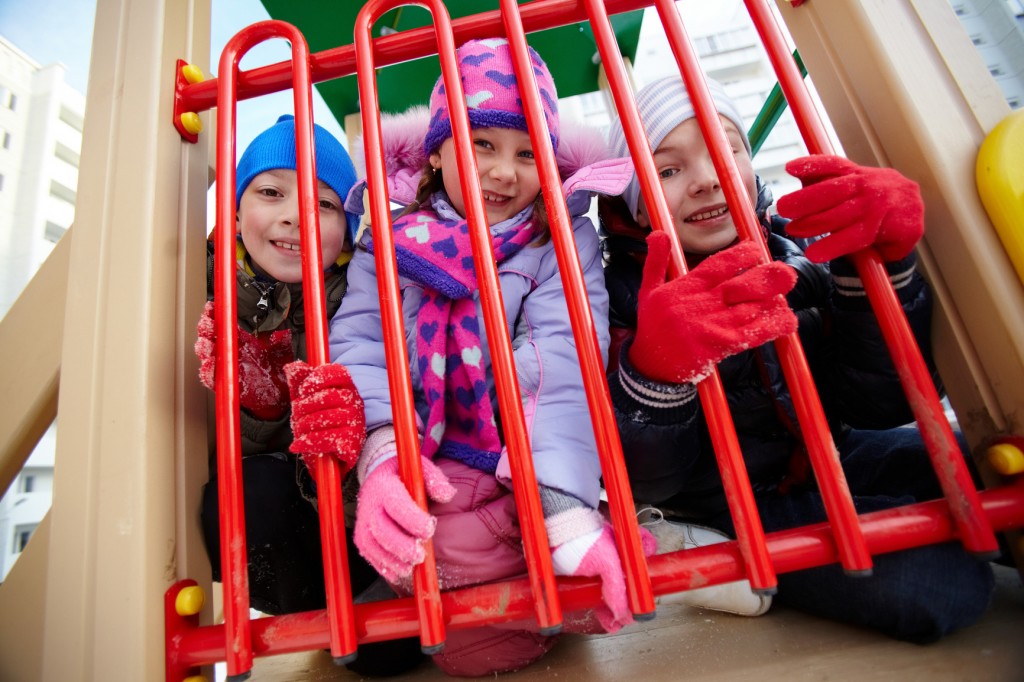Child Development Consultants provide training workshops for childcare providers, teachers and parents on a variety of topics related to child development, inclusive practices, and learning environments. Child Development Consultants have been certified as official trainers by Maryland State Department of Education and the Office of the State Superintendent of Education for Washington D.C/Division of Early Childhood Education. COK hours for MSDE are noted in parentheses.
- Best Practices for Operating in Our New Normal (During a Pandemic) (2 or 3)
- Effective Classroom Management All Day Long: Top Tips for Daily Routines (2)
- Getting Great Behavior in the Classroom: Strategies that Work and Why they Work (3)
- Is It Bullying? Understanding, Preventing and Addressing Recurring Aggressive Behavior (3) formerly titled Straight Talk About Bullying (presented at NAEYC 2012, Atlanta GA; MCCA State Conf. Minneapolis MN 2013)
- Behavior Basics: Preventing and Managing Challenging Behavior in Preschool Classrooms (2 or 3)
- The ABC's of Behavior: How to Manage Challenging Behaviors and Nurture Socially Appropriate Behaviors in Early Childhood Classrooms( (presented at NAEYC 2009, Washington DC) (2 or 3)
- Developing Communication and Conflict Resolution Skills in Young Children (3)
- Classroom Rules: How to Choose Them, How to Teach Them and How to Encourage Children to Follow Them (2 or 3)

- What Is Motor Planning and How Does it Effect Motor and Speech Learning in Young Children? (3)
- Self-Regulation and Executive Functioning, Strategies that Support Development in Young Children (3)
- Spirited Children in Preschool (2 or 3)
- Hands That Work—Implementing Functional Strategies for the Development of Visual and Fine Motor Skills (3)
- Big Problem or Little Problem? Exploring the Mysteries of Sensory Processing and Strategies to Help Young Children Self-Regulate (3)
- Creating Conversations with Kids (3)
- What Is Motor Planning and How Does it Effect Motor and Speech Learning in Young Children? (3)
- When Talking at School is So Very Hard: A Look into Selective Mutism (2 or 3)
- Developing Social Language Skills in a Multi-Cultural Classroom (3)
- He Can Hear…Why Doesn’t He Listen? Discover the Mysteries of Auditory Processing (2 or 3)
- Is It a Big Problem or a Little Problem? Speech and Language—Helping the Child with Speech and Language Challenges (3)
- Strategies to Help the Fussy Eater (3)
- Developing Communication and Conflict Resolution Skills in Young Children (3)
- Telling Tales: Using Stories to Develop Listening & Language (3)
- Meaningful Math, Science, Engineering & Tech to Engage ALL Young Learners (2 or 3)
- Movement Matters! How to Nurture Pre-Academic Readiness for Math, Literacy, and Communication through Play and Movement (2 or 3)
- When Play is Not So Fun: Strategies to Put the Fun Back in Outdoor and Indoor Free Play (3) (*presented at NAEYC 2013, Washington DC)
- Creating a Positive Learning Environment: Practical Strategies for Success (2 or 3)
- Using Visuals to Support Classroom Learning—Strategies to Support the Child with Special Needs and Individual Learning Differences (3)
- Terrific Transitions from Start to Finish (2)
- ABC’s of Anti-Bias & Culturally-Responsive Teaching (2 or 3)
- Meaningful Math, Science, Engineering & Tech to Engage ALL Young Learners (2 or 3)
- Is It a Big Problem or a Little Problem? Helping the Child with Sensory Motor and Speech and Language Challenges Succeed (presented at NAEYC 2008, Dallas TX) (3)
- Is It a Big Problem or a Little Problem? Recognizing Red Flags in Development—Strategies for the Classroom (3)
- ABC’s of Anti-Bias & Culturally-Responsive Teaching (2 or 3)
- Best Practices for Operating in Our New Normal (During a Pandemic) (2 or 3)
- Professionalism in Early Childhood Classrooms (3)
- How to Observe the Child in Preschool (3)
- Wondrous 2’s Formerly Known as Terrible 2’s (3)
- Working with Parents: Helping Them Recognize and Accept Differences in Young Children (3)
- Terrific Transitions from Start to Finish (2)
